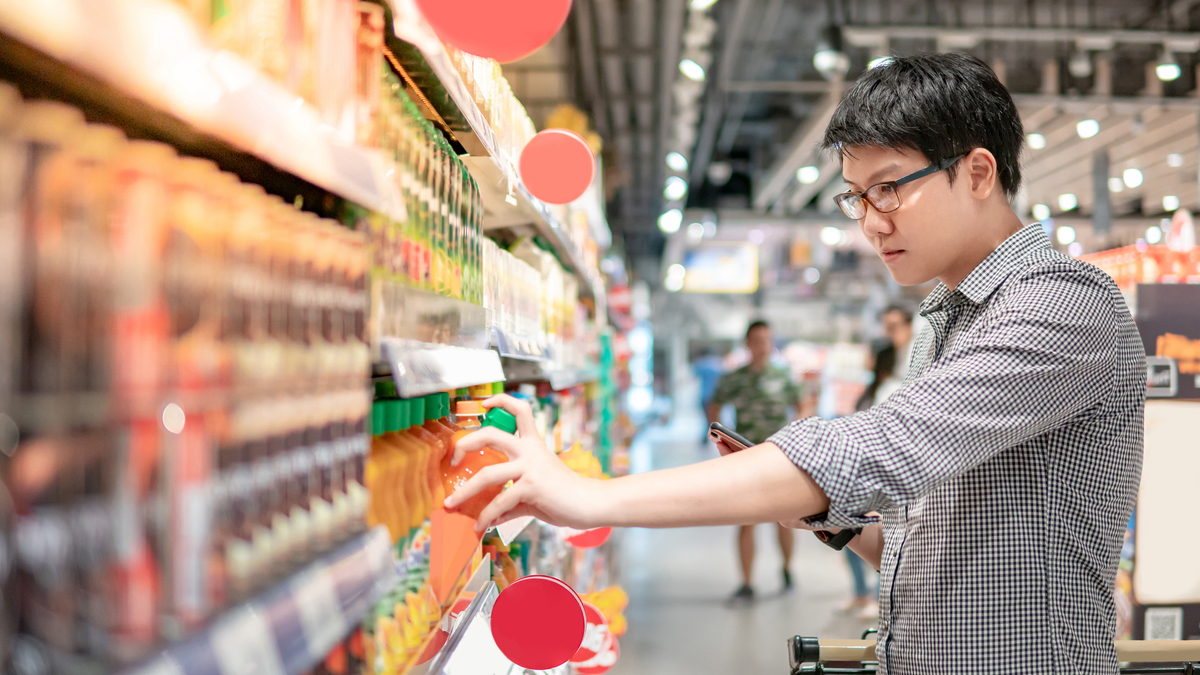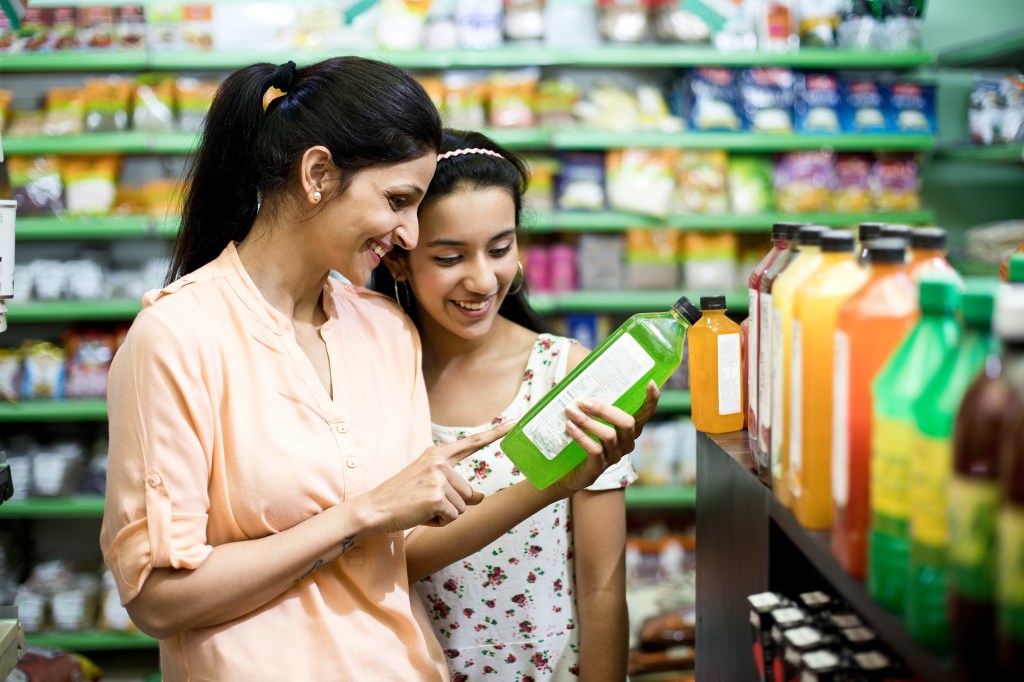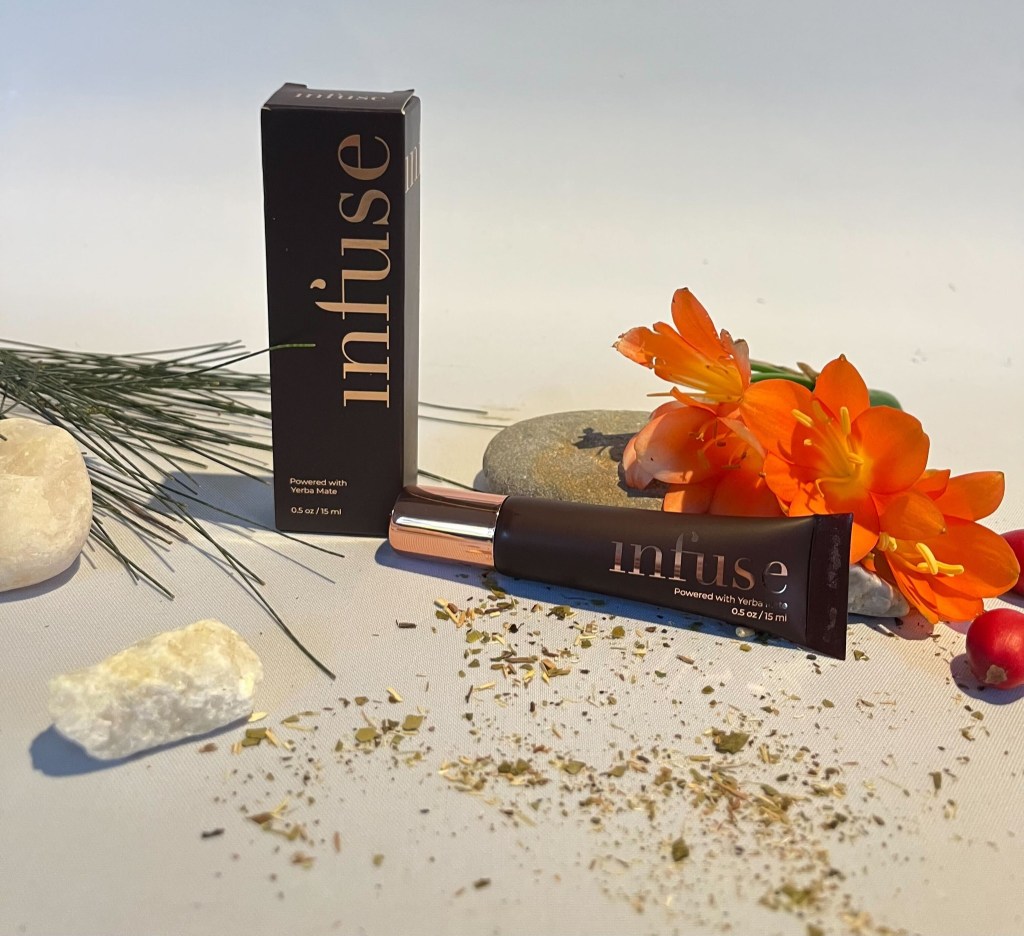3 Key Factors Shaping the Future of Beverages
Even though consumers are still facing inflationary pressures, consumer demand for change isn’t going anywhere. Today’s consumers are shaping the marketplace by holding brands accountable and actively seeking out those who share their views, even if this means abandoning existing brand loyalty.
With that in mind, here are 3 key factors shaping the beverage industry:
1. The Rise of Conscious Consumerism
Conscious consumerism, also known as ethical consumerism, is a growing trend in which consumers make purchasing decisions based primarily on their understanding of the social, environmental, and ethical impact of their choices. And surprisingly, NIQ data shows that sustainable consumption trends are bouncing back despite the inflationary climate. This, paired with a renewed focus on health and wellness in the post-COVID era, is driving consumers to demand more from the brands and retailers they shop.
In the beverage industry, this conscious consumerism is driving a shift toward sustainable and wellness-focused products. For example, this focus on health is helping drive growth in alternative milk. In fact, oat milk is up 10.7% over last year, while soy options are up 5.5%.1 At the same time, consumers’ reliance on sustainability claims is shifting the landscape. NIQ data shows that 77% of consumers will quit brands that are guilty of greenwashing.2 Beverage brands that act unethically or can’t back up their sustainability claims are facing major consequences. Conscious consumerism may still be new, but as it continues to grow, it will redefine the beverage industry.

New Game. New Rules.
Without data, ongoing dynamic economic forces and effects on consumer buying behavior will make pricing and promotion challenging, if not impossible, to get right.
Download our free guide for an in-depth examination of pricing and promotion strategies that are effective today, as well as how these strategies have yielded successful outcomes.
2. Sustainable Practices in the Beverage Industry
In 2023, sustainability has become a critical factor for beverage brands. Not only are consumers increasingly aware of the environmental impact of their choices, but government regulation is growing across the globe. For example, in March, based on a report that found 53% of environmental claims in the EU were vague, misleading, or unfounded, the European Parliament proposed a comprehensive directive on new regulations for green claims and environmental labeling schemes.3 This new scheme will greatly impact brands and businesses operating in the region.
Brands are responding by adopting sustainable practices throughout their supply chains, from sourcing ingredients to packaging and transportation. These efforts not only reduce the environmental footprint of their products but also enhance their brand image and attract consumers who value eco-conscious practices. Even better, a joint NIQ and McKinsey report found that, in two-thirds of categories, products that made ESG-related claims grew faster than those that didn’t.4 So, these shifts are helping beverage brands stay in good graces with consumers, avoid punishment from governments, and grow their revenue.
3. Wellness-Focused Beverages: A Growing Trend
Consumer demand for products that support their health and wellness is on the rise, and many beverage brands are filling that need. According to NIQ’s 2023 Consumer Outlook, 46% of consumers identified physical or mental wellness as one of their top priorities in 2023.5 And this shift has played out in store with 16% of consumers shopping for health and wellness products during the most recent Deal Days.6 As more consumers continue to focus on their health and use CPG products as health aids, these numbers will likely only continue to grow.
Various beverage categories that can easily benefit from this shift include functional drinks, plant-based beverages, and adaptogenic beverages. Additionally, there is a renewed focus on beverages that meet consumer demand regarding specific health benefits, such as improved digestion, enhanced energy levels, and stress reduction. Optimizing your product attributes to highlight their benefits may help you stand out in the store or on the digital shelf and ride this burgeoning wave.
The Future of Sustainable and Wellness-Focused Beverages
The beverage market is constantly changing, and CPG brands need to adapt to these changes in order to remain relevant and successful. This all starts with understanding who your target customers are and why they may be shifting their shopping habits. For many, the way they view beverages has forever changed, and they are looking to avoid sugary drinks or want a drink that actively supports their health. For others, finding brands that are Better For™ the environment is a major component of how they shop. Regardless, leveraging your product assortment properly, utilizing product attributes, or even a new product innovation can pay dividends going forward.
In addition to these trends, beverage brands should also be flexible, creative, and responsive to customer feedback. They also need to rely on data to make more informed decisions and be strategic in their planning. By being willing to adapt to consumer demand for sustainability and wellness, they have a better chance at long-term growth and consumer satisfaction.

See Sustainable Growth with NIQ
The beverage market is shifting, but if you don’t have the right data and insights, you’re likely to fall behind. NIQ offers a range of solutions and expert insights to support brands of all sizes.
Emerging brands can start their journey with a free Byzzer™ subscription, NIQ’s platform built for emerging brands and their budgets. Free access gets you 3 free reports and a weekly alert to get you started with data. Byzzer™ provides breakdowns of a wide range of attributes and markets in easy-to-digest reports.
Best of all, we’ll show you how to leverage this information for your action plan. It’s never too early to start acting on data.
Interested in more valuable insights like these?
Sources:
1 NIQ Omnisales, Latest 52 Wks – w/e 10/28/23
2 NIQ 2023 Sustainability Report – The Green Divide
3 EU Legislation brief – ‘Green claims’ directive Protecting consumers from greenwashing
4 NIQ and McKinsey & Co. 2023 Sustainability Report
5 NIQ Report – 2023 Consumer Outlook
6 NIQ Prime Day Fall Survey 2023 Wave 2. N=2,500




